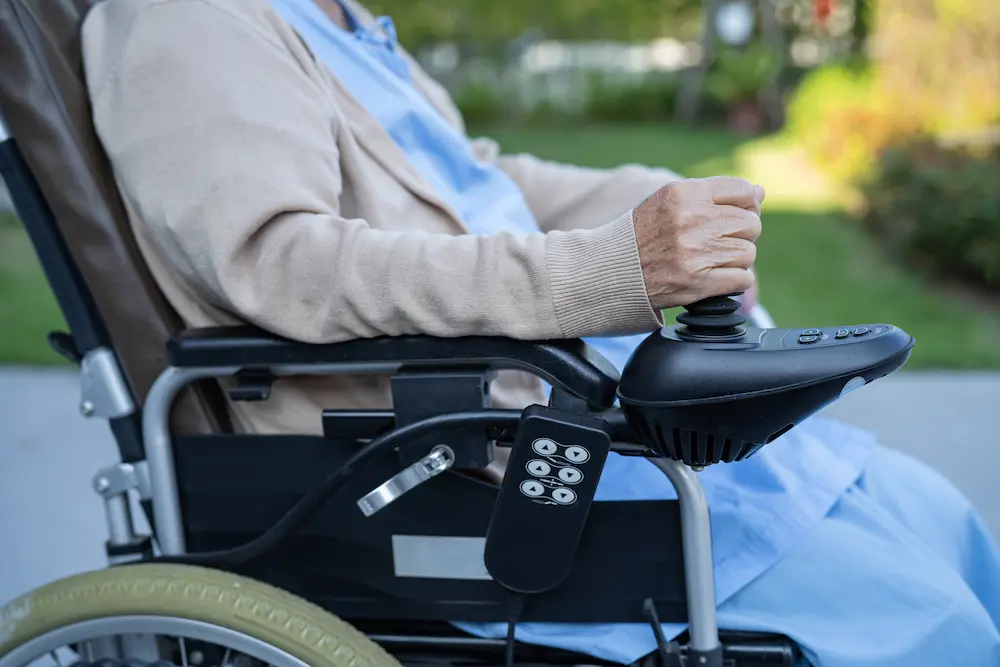Understanding what causes pneumonia in elderly can significantly aid in both prevention and effective treatment. Pneumonia is a serious condition that affects the lungs and is particularly dangerous for older adults, making it important to understand its origins and preventive measures.

Understanding Pneumonia
Pneumonia is an infection that inflames the air sacs in one or both lungs. The sacs may fill with fluid or pus, causing symptoms such as cough with phlegm, fever, chills, and difficulty in breathing. In elderly patients, the bodys immune defense mechanisms tend to weaken, making them susceptible to such infections.
Common Causes of Pneumonia in the Elderly
Weak Immune System
With age, the immune system becomes less effective, making it harder to fight off infections. This increased susceptibility is a major factor in how the elderly contract pneumonia.
Chronic Health Conditions
Older adults often suffer from chronic health issues such as diabetes, heart disease, or respiratory diseases. Such conditions can compromise their ability to fend off infections, thereby increasing the risk of pneumonia.
Exposure to Harmful Pathogens
Exposure to bacteria, viruses, and fungi in hospitals or long-term care facilities is also a common cause. The cohabitation environment leads to a higher chance of pathogen transmission among the elderly.
Preventing Pneumonia in Seniors
Vaccinations
One of the simplest ways to prevent pneumonia is through vaccinations. The flu vaccine as well as the pneumococcal vaccine can significantly reduce the risk for elderly persons.
Healthy Lifestyle Practices
Encouraging seniors to maintain a healthy lifestyle can support a robust immune system. Nutrition, regular physical activity, and refraining from smoking play critical roles.
Proper Hygiene
Proper hygiene practices, like regular handwashing and coughing etiquette, are essential to prevent infection.
Treating Pneumonia in Elderly
Medical Intervention
If an elderly person contracts pneumonia, prompt medical attention is necessary. Antibiotics are often prescribed but depend on the specific type of pneumonia and its severity.
Home Care
Caring for an elderly person at home involves ensuring they are comfortable and receiving adequate hydration and nutrition. Using a back massager can help manage muscle relaxation, easing discomfort.
The Importance of Early Detection
Early detection plays a crucial role in managing pneumonia in elderly. Regular health check-ups and monitoring symptoms can ensure prompt treatment, reducing the risk of complications.
Support for Seniors
Offering support, whether through family, community services, or health professionals, is vital to elder care. Personal and medical alert systems, like a personal alert system, can be life-saving in emergencies.
Looking Ahead: Health Strategies
As we look forward to improved healthcare for the elderly, ongoing research and innovation in treatment and prevention will hopefully reduce the prevalence of pneumonia among seniors.

FAQ
What are the early signs of pneumonia in the elderly?
Early signs typically include a persistent cough, fever, shaking chills, and shortness of breath. Fatigue and confusion may also appear, necessitating medical evaluation.
How does hospitalization contribute to pneumonia risk?
Hospitalization can increase the risk of pneumonia due to the presence of harmful pathogens. It’s important for both patients and caregivers to adhere to hygiene practices to minimize the risk.
Are there lifestyle changes that can help prevent pneumonia?
Yes, maintaining a healthy diet, staying active, and quitting smoking. Also, getting appropriate vaccines can significantly reduce pneumonia risk.
For more tips on elder care, visit Arogincare Home.
This article contains affiliate links. We may earn a commission at no extra cost to you.

